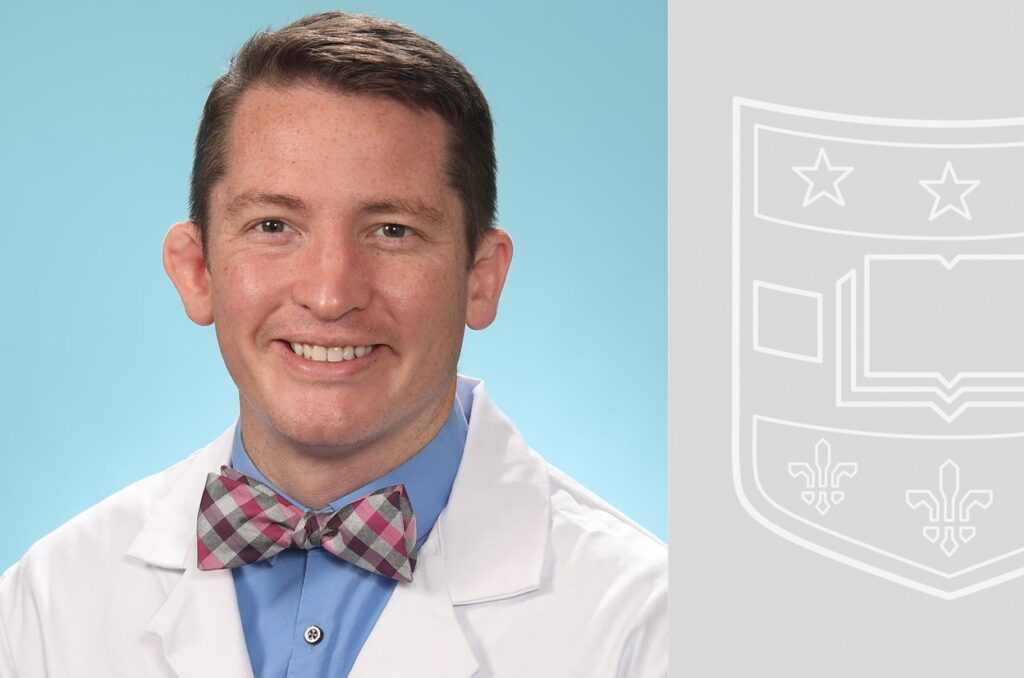Dr. Nathanial Nolan joined the Department of Medicine in the Division of Infectious Diseases as an instructor in July of 2022. He received his medical degree from the University of Missouri, where he also completed his residency. He then completed infectious disease training at Washington University, in St. Louis. For the past year, he has been completing a non-ACGME accredited medical education fellowship through the division of medicine, also at Washington University. He has completed additional degrees in public health (MPH) and medical education (MHPE). Dr. Nolan specializes in infectious diseases with an emphasis in caring for those living with HIV. His clinical interests include caring for marginalized and vulnerable communities, including those who are unhoused and patients who use drugs.
Dr. Nolan has been active in research, looking specifically at the clinical care and outcomes of patients who use drugs. Most recently he published a qualitative analysis of the care experiences of patients who inject drugs admitted to the hospital with infectious complications of their drug use. His other research interest involves the role that digital and online education play as a supplement to didactic medical education. He is a founding member of the Infectious Disease Fellows Network and recently published a targeted needs assessment of infectious disease fellows and their preferences for online/digital education.
Dr. Nolan is a highly rated lecturer and educator. His lectures emphasize the social and structural determinants of health as underpinnings to discussions of infectious diseases. He is one of the co-creators of the Health Equity Case Conference, which is an interdisciplinary conference between infectious diseases, nephrology, and rheumatology, where real patient cases are presented for discussion of the health equity barriers. Dr. Nolan hopes to continue using his clinical work, research, and education to further the care of underserved communities in the greater St. Louis area. His areas of interest are studying the intersection of injection drug use and infectious disease and working to better align care pathways for these patients and also studying the role homelessness plays in illness and working to understand how to create improved models of care for these patients.
